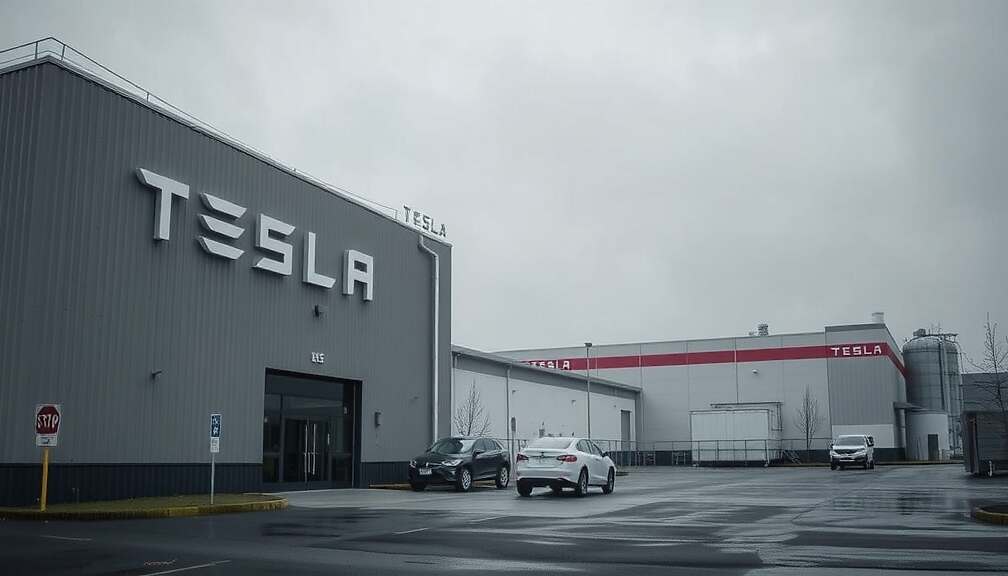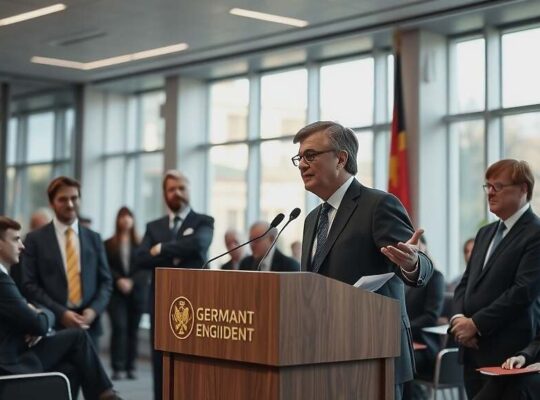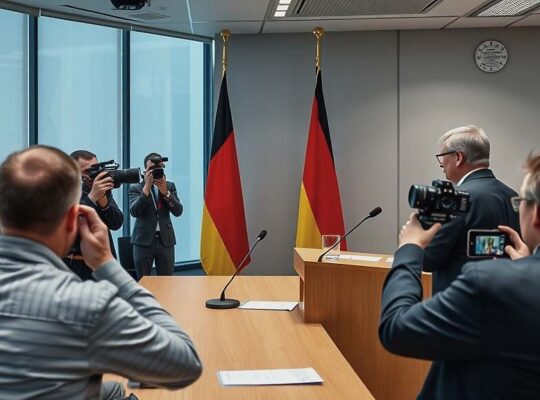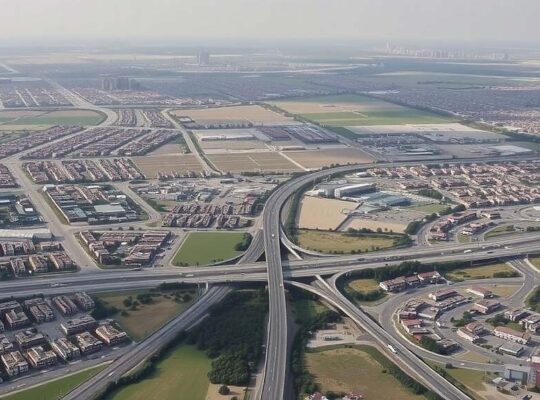New border controls between Germany and Poland are significantly impacting Brandenburg’s economy, particularly affecting the Tesla facility in Grünheide. This assessment comes from a joint letter penned by the Cottbus and East Brandenburg Chambers of Industry and Commerce (IHK) addressed to German Federal Interior Minister Alexander Dobrindt.
The letter, reported by Handelsblatt, asserts that the Polish border checks are “severely damaging the Brandenburg economic location and having negative economic consequences for our approximately 80,000 businesses.
The IHKs emphasized that major Brandenburg companies, including Tesla, alongside numerous small and medium-sized enterprises – especially those in the logistics sector – are experiencing serious disruptions to their operations. The primary concern stems from the impaired commuter traffic, exacerbated by a retaliatory response from the Polish government in reaction to the German border controls.
The chambers are warning of potential repercussions, including a decline in competitiveness marked by increased prices, delays for personnel arriving at work and disruptions to production and supply chains.
The IHKs are urging Minister Dobrindt to swiftly implement solutions for commuters and the movement of goods. Proposals include establishing a second inspection lane or a “fast lane” on the A12 and A15 motorways. They also suggest joint border controls involving the German Federal Police and the Polish Border Guard, along with the issuance of passes to facilitate smoother border crossings.
The letter concludes that intra-European border controls should remain an absolute exception and emphasize the need to avoid them. The chambers express concern that unresolved issues concerning German migration policy are disproportionately affecting a region spanning over 300 kilometers along the Oder River, from Cottbus to Schwedt and deem such an outcome unacceptable.












